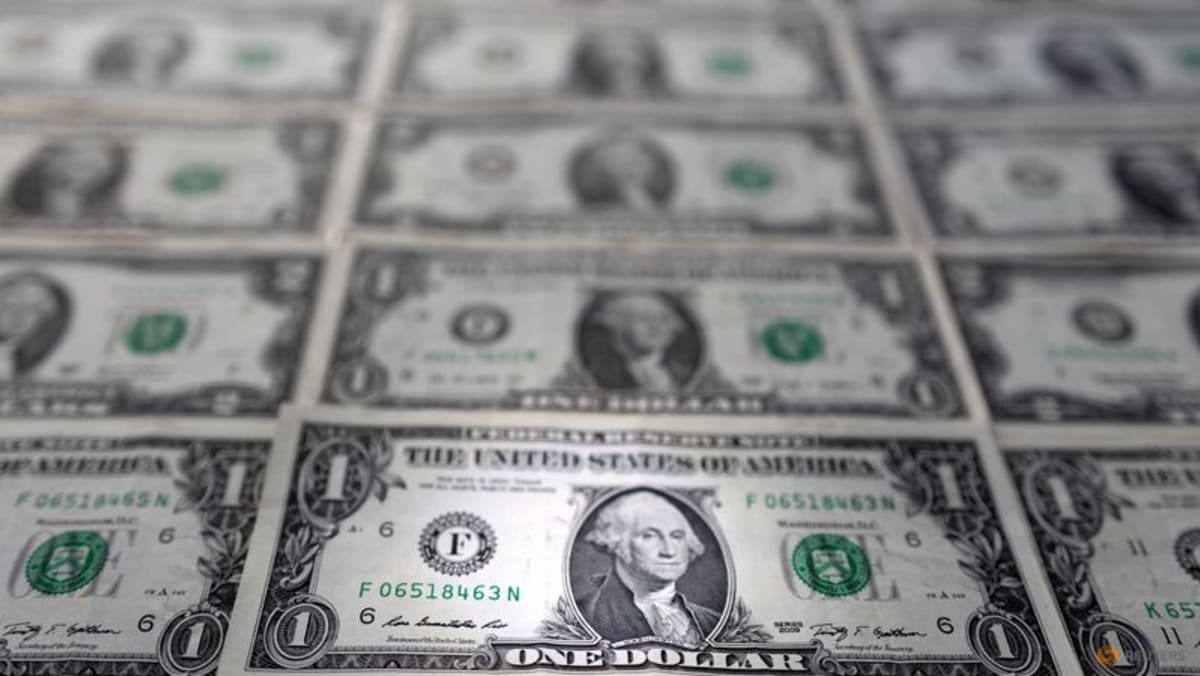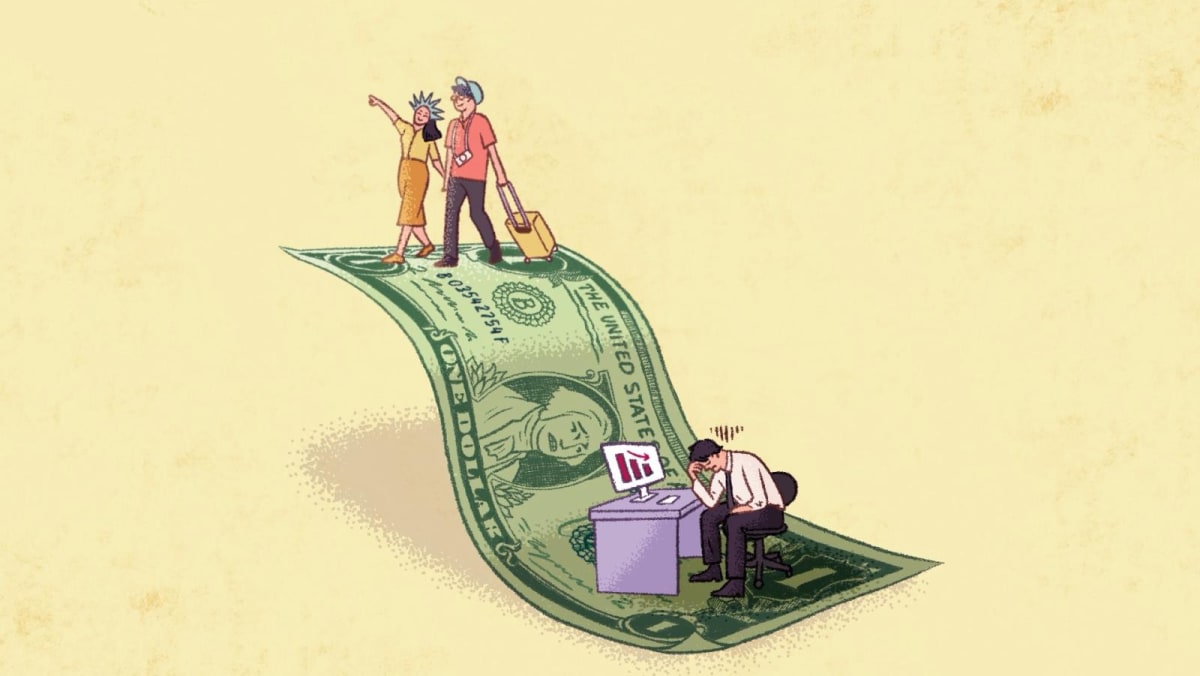Although GIC and Temasek may book short-term translation losses when converting US dollar gains into Singapore dollars, the weaker greenback also presents opportunities, making US assets more attractively priced for future acquisition, Mr Low said.
As for the impact of the US dollar’s slide on Singapore’s reserves, analysts said the effects are likely to be limited in the short term and must be seen in the context of broader structural shifts.
The weakening US dollar reflects more profound questions about long-term US economic policies rather than an immediate threat to Singapore’s holdings, they added.
Mr Song Seng Wun, economic adviser at CGS International Securities Singapore, said that “nothing changes overnight” and the dollar remains deeply embedded in the global system.
Mr Sethuraman said: “Even as the dollar weakens, the question remains of how much is it going to weaken? Regardless, I don’t think that’s going to change the fundamental life of Singaporeans.”
As for the economy, a weaker US dollar and a stronger Singapore dollar can affect the kind of businesses Singapore attracts, especially in manufacturing, which can have an impact on hiring in the sector.
“We do have an economic problem and it is not because of the dollar weakness. Instead, it is what’s causing the weakness, which is the unreliability and unpredictability of US international trade policies,” Mr Sethuraman added.
“What the market is telling the world is that if the US remains as unreliable as it is now, then we need to think of alternatives.”
WILL THE GREENBACK CONTINUE ITS GLOBAL REIGN?
Recent trends may suggest the US dollar is losing its grip as the global currency, but it remains firmly entrenched as the world’s dominant reserve currency with no credible alternative on the horizon, most of the analysts said.
“It’s very difficult because the US dollar is still the currency of trade for the global economy. It’s still the reserve currency for the world,” Mr Song said.
Agreeing, Mr Wong from Lion Global Investors said the dollar remains dominant but “its status is being questioned more openly than at any time since the end of Bretton Woods”.
He also noted a growing trend of diversification, with investors and central banks increasingly turning to gold, the euro and, in some cases, the Chinese yuan as alternative stores of value.
“However, no alternative currently matches the depth, liquidity and legal protections that the US dollar provides,” Mr Wong continued. “De-dollarisation or diversification is real, but it is happening slowly and primarily as a defensive measure.”
De-dollarisation refers to the gradual move by countries and institutions to reduce their reliance on the US dollar in trade, finance and reserves, often by using alternative currencies or assets such as the euro, yuan or gold.
Mr Song said that this shift away from the greenback is unlikely to occur in the near future or even within the next 40 years. Such a transition would require a complex alignment of multiple economic and geopolitical factors.
“(It) would require the US to gradually lose its role as a modern economy in the world as others increase their dominance.
“It’s clearly contingent upon the role the US economy plays in global trade and global finance. If this role were to diminish, the US dollar would also diminish alongside it as an economic superpower,” Mr Song added.
Several currencies appear poised to challenge the US dollar’s dominance, but taking over the role of the global reserve currency is far from straightforward, the experts said.
Mr Low believes the euro is the “closest contender”, but it remains constrained by fragmented fiscal policies.
Even though the European Union (EU) has the power of a large economy, it comprises 20 different countries with varying debt levels and fiscal policies, Mr Sethuraman said.
“For example, I am comfortable lending to Germany, but I may not be comfortable lending to Greece … (The EU doesn’t) have the advantage of a unified one-country system like the US.
“There is no obvious substitute for the dollar as a global currency at the moment,” Mr Sethuraman added.














